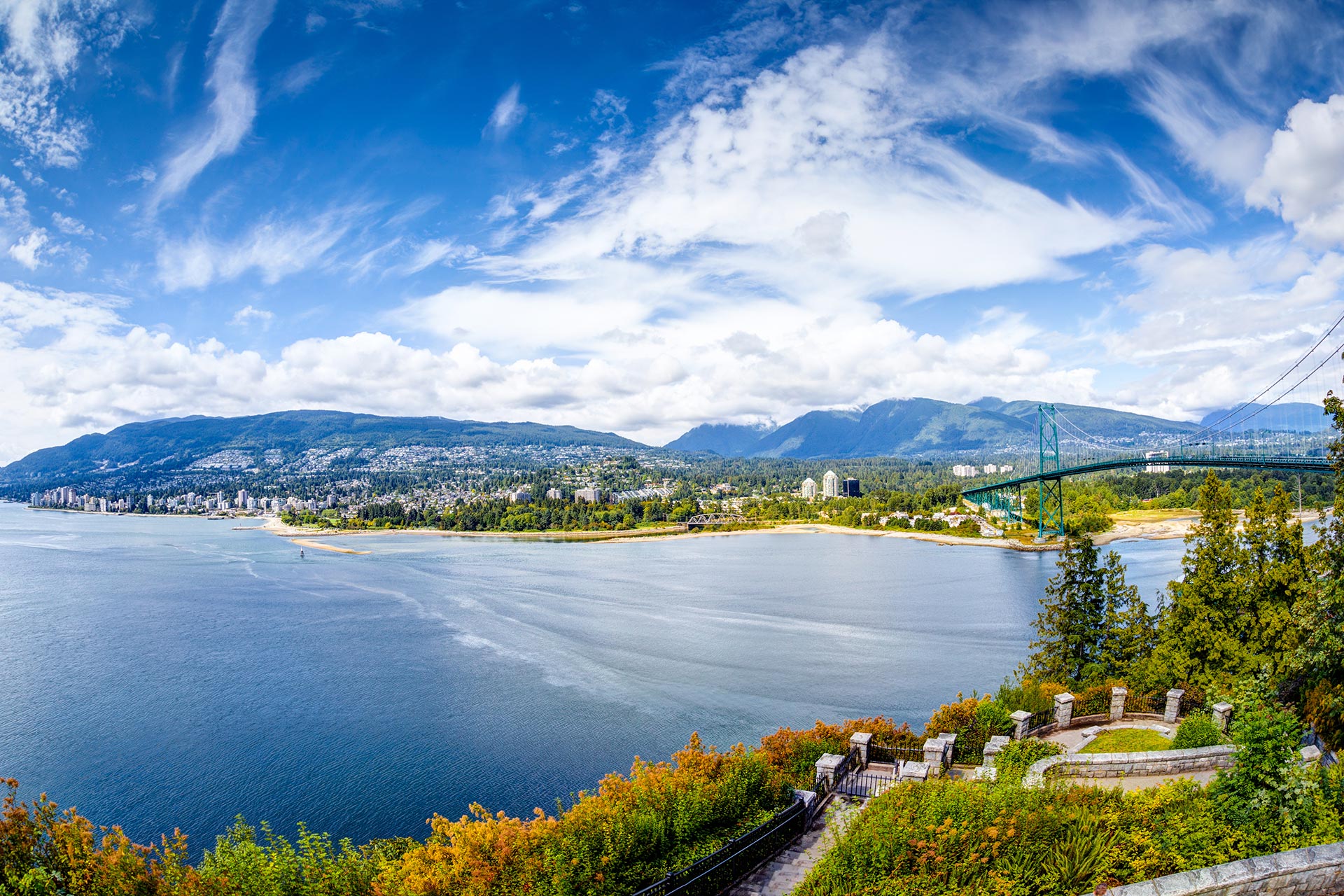- Submit your West Vancouver Schools Student Arrival Details Form.
- You must complete the ArriveCAN app before boarding your flight. An important confirmation email with a token number will be sent when this form is submitted.
- Fill out the BC Self-Isolation Plan.
- Shorten Your Arrival Time at YVR
Canada Border Services Agency (CBSA) and Vancouver International Airport (YVR) have collaborated on a project to expedite the issuing of study permits for new international students upon arriving in Canada at YVR Vancouver airport. YVR and CBSA have developed a website called the Voluntary Compliance Portal (VC Portal) where incoming international students can voluntarily submit their immigration and permit information. This portal is run by YVR, and the information is then sent to CBSA in order to process and print the permits prior to the arrival of the student. This can have significant time savings for both the student and CBSA.The VC Portal can be found at https://www.yvr.ca/en/students
In order to use the VC Portal, the following eligibility criteria must be met:
1.The student’s first entry to Canada must be at YVR airport; they cannot connect to YVR via a domestic flight;
2.The student must be in possession of a Letter of Introduction/pre-approved Study Permit application issued by IRCC;
3.They must submit the information through the VC Portal a minimum of 72 hours in advance of their arrival at YVR.
Note that this does not exempt students from the normal assessment of admissibility to Canada by Border Services Officers, and does not replace the usual procedure for seeking entry to Canada.
I hope this information and portal will help with a faster and smoother arrival in January. We look forward to welcoming you here in West Vancouver!
